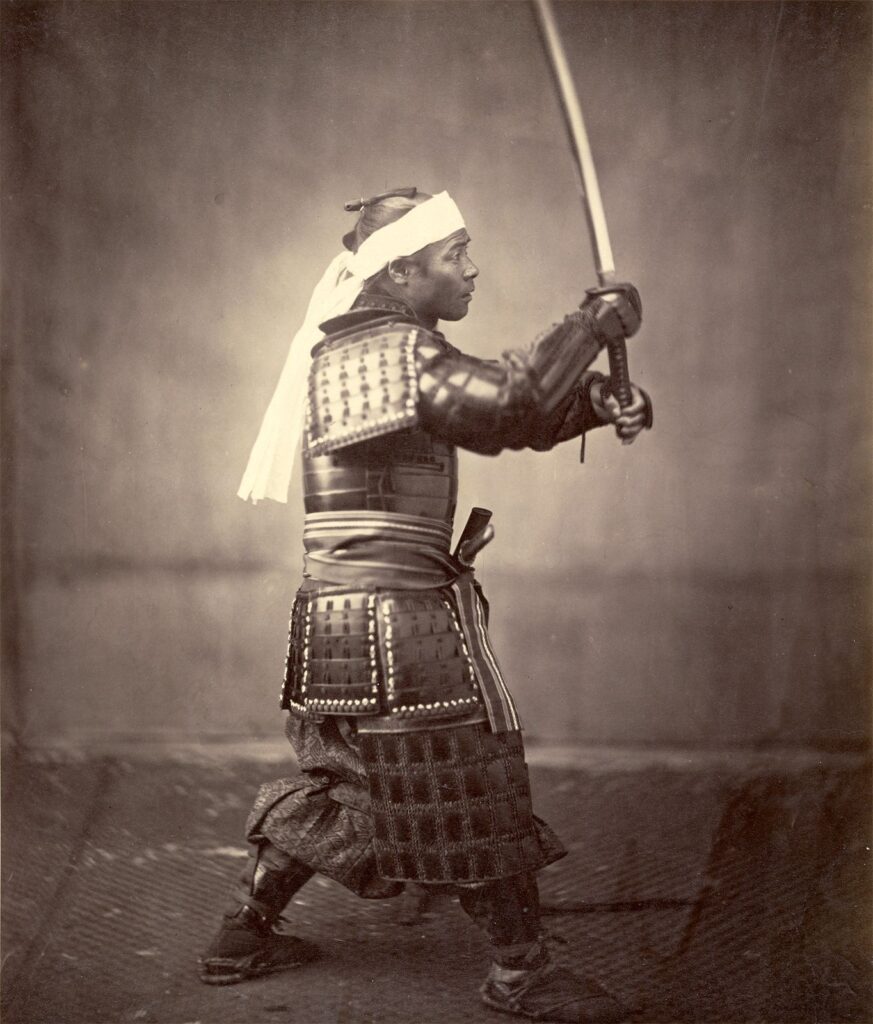In Hagakure, the classic book of the Samurai written by Yamamoto Tsunetomo in the early 18th century, one principle stands out as both paradoxical and profound: a true warrior must not live in moderation. Instead, he should embrace excess, even obstinacy, in his pursuit of duty and mastery.
This teaching defies the common wisdom of balance and moderation. It suggests that for the samurai—and, by extension, for anyone deeply committed to a path—half measures are not enough. Moderation may preserve comfort, but it also limits achievement. Excellence, mastery, and honor demand a level of devotion that feels excessive to ordinary standards.
The Meaning Behind Excess
Obstinacy here does not mean stubbornness without purpose. Instead, it refers to a radical commitment to one’s values and responsibilities. The samurai code demanded that every action be carried out with full intensity, as though life itself depended on it.
When you feel that your effort surpasses what is “necessary,” you are likely approaching the true threshold of greatness. This principle applies beyond the battlefield: in study, in art, in business, or in personal growth. True mastery requires going beyond what feels sufficient, pushing into the realm of the extraordinary.
A Modern Interpretation
In today’s world, where moderation and “work-life balance” are often praised, the samurai ethic challenges us to rethink what it means to commit. While balance is important for well-being, there are moments when unreserved dedication is the only way to achieve lasting impact.



Leave a Reply